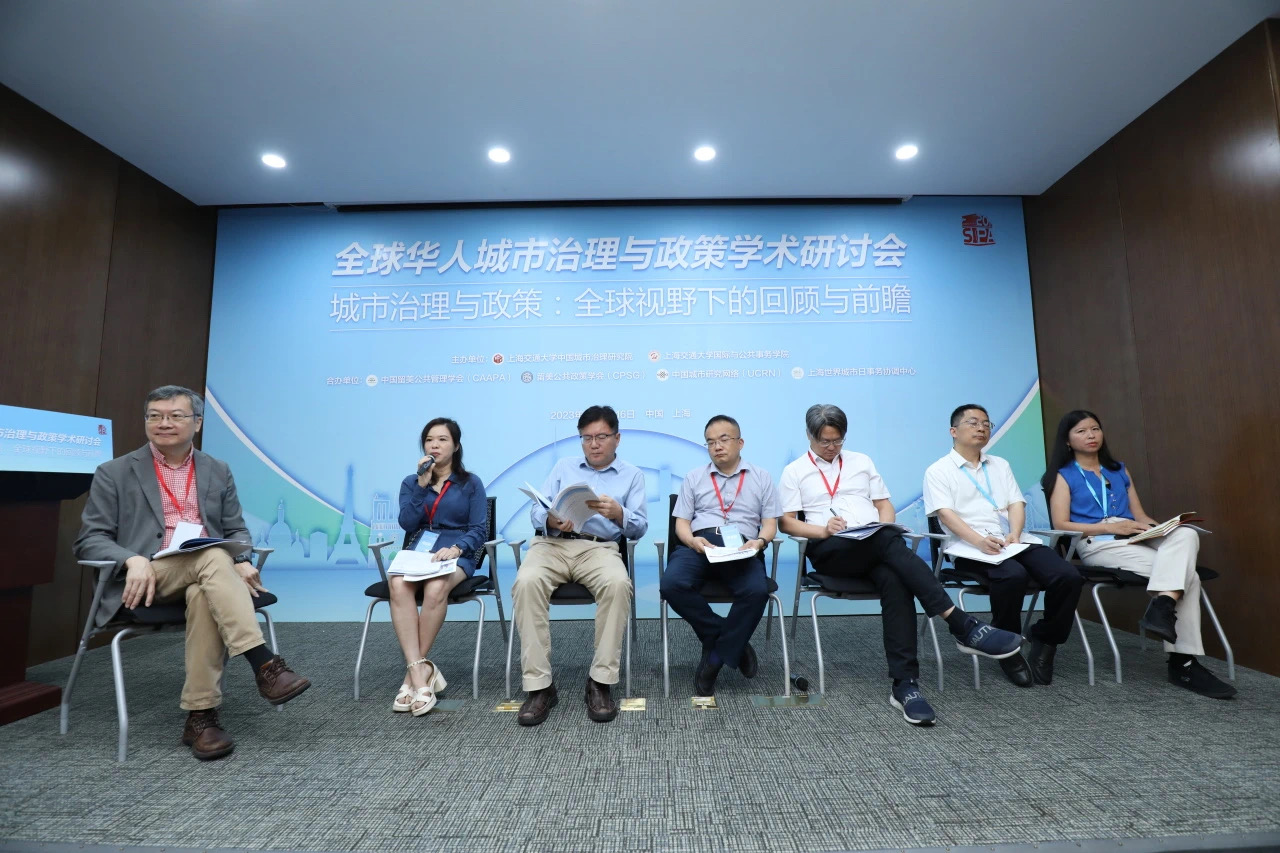Events
Collaborative Planning in the Digital Era: The 2025 International Conference on Collaborative Planning in China and Beyond
1–2 May 2025, Utrecht
We successfully hosted Collaborative Planning in the Digital Era: The 2025 International Conference on Collaborative Planning in China and Beyond, held on 1–2 May 2025 at Utrecht University. The event was organized by Assoc. Prof. Yanliu Lin, Dr. Hongmei Lu, Dr. Pilvi Nummi, and Assoc. Prof. Kang Cao, with support from co-organizers Junyao He, Xiaomeng Zhou, Zhen Li, and Zheng Liu. This international gathering brought together scholars from China, Europe, the United States, and beyond to explore how digital technologies reshape citizen participation and collaborative planning. The conference aligns with an upcoming special issue in Planning Practice & Research. The program featured eight thematic tracks, covering topics such as the evolving role of planners, the impact of digital tools (e.g., AI, digital twins, immersive technologies, and planning support systems) on citizen participation, and the shifting power dynamics in planning processes. It provided a vibrant platform for dialogue, exchange, and reflection on digital transformations reconfiguring collaborative planning across diverse urban contexts.
Two keynote sessions enriched the conference program. Prof. Alexander Klippel and his colleagues presented pioneering work on the use of immersive technologies in the participatory co-design of landscapes, foodscapes, and urban environments. Assoc. Prof. Yanliu Lin and her research team delivered a keynote based on insights from the ERC-funded project, highlighting theoretical and methodological innovations, key case studies, and a reconceptualization of collaborative planning in China. Additionally, Junyao He and Zhen Li presented research on how citizens in Guangzhou use framing strategies on social media platforms to influence planning decisions, illustrating the growing impact of digital participation in collaborative planning.
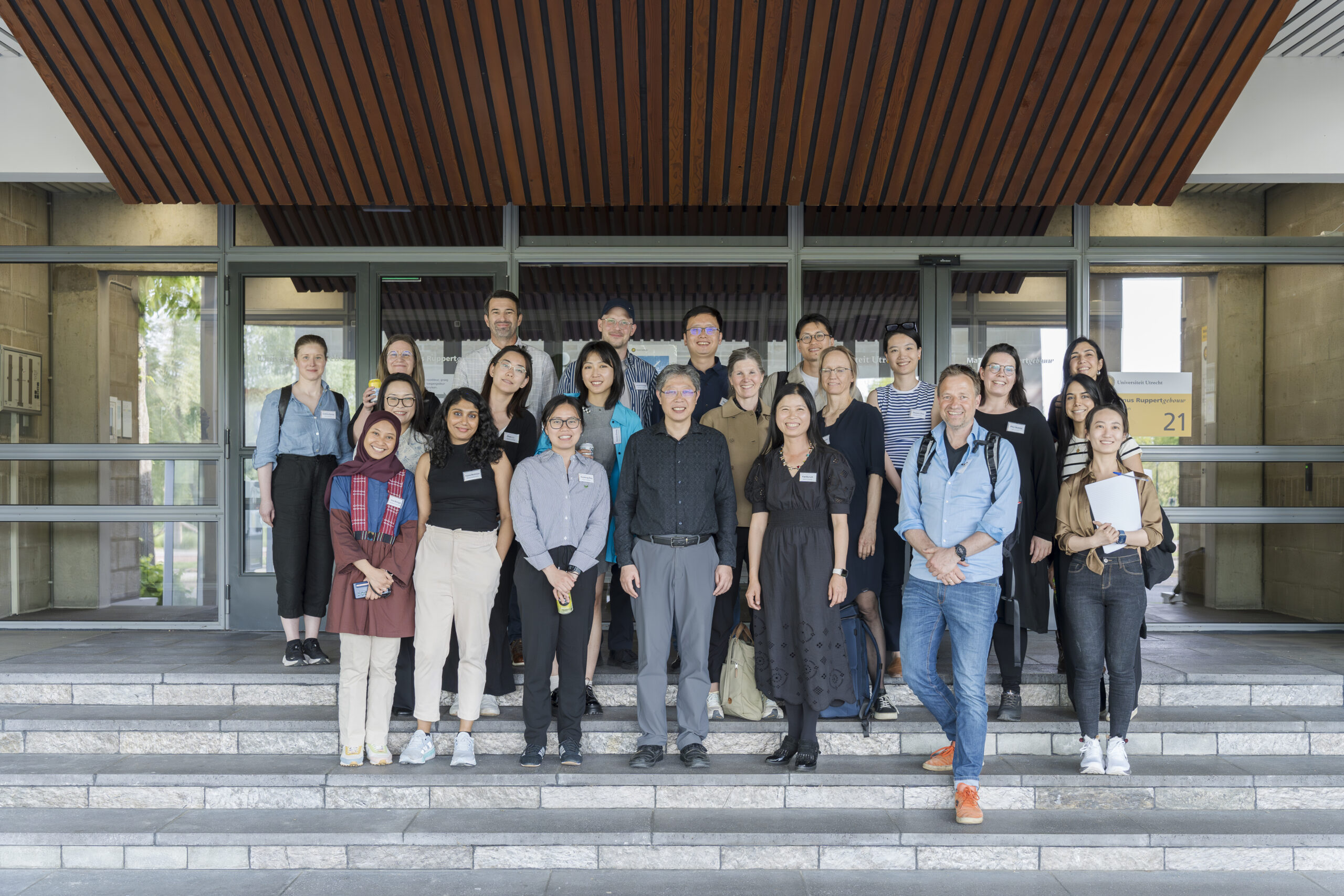
AESOP Congress Paris 2024, Game Changer? Planning for Just and Sustainable Urban Regions
8-12 July 2024, Paris
Assoc. Prof. Yanliu Lin, Dr. Hongmei Lu, Junyao He, Xiaomeng Zhou, and Zhen Li attended the AESOP Congress Paris 2024, Game Changer? Planning for just and sustainable urban regions in Paris in July 2024. They shared their research on collaborative planning in China and beyond. Assoc. Prof. Yanliu Lin presented her research on revisited collaborative planning theory in the era of digitalization. She introduced both communicative and agonistic approaches to collaborative planning and highlighted the influence of social media on power relations and public spheres in planning practices. She argued that collaborative planning theory can be revisited by considering the impact of social networking networks on divers types of power relations and various forms of communication and framing strategies in online public spheres.
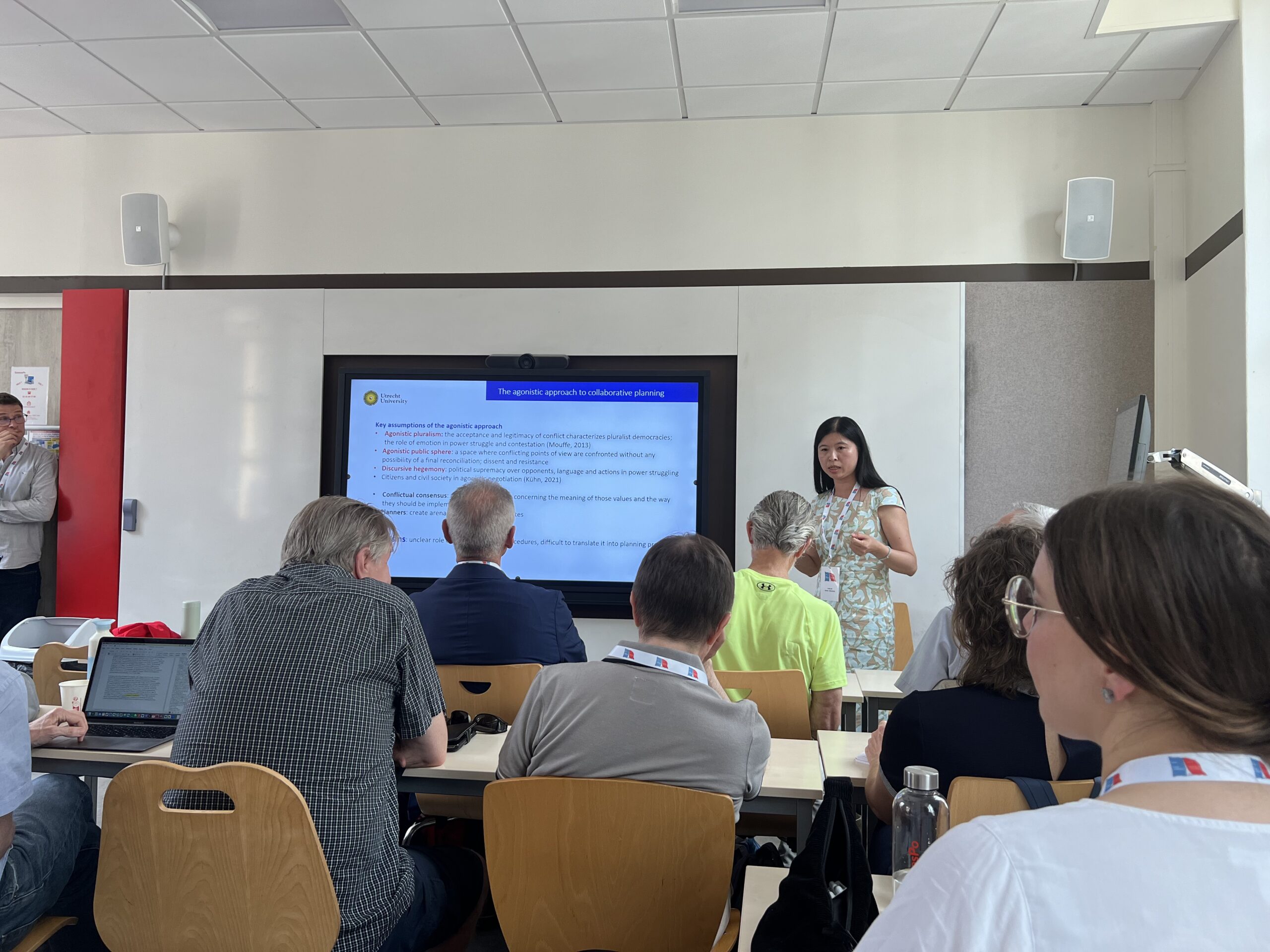
Dr. Hongmei Lu presented research on online and onsite participation in urban regeneration in Guangzhou. This research investigates the public’s willingness to participate and their preference and rationales for choosing online or onsite participation. The findings reveal that online participants embrace the participatory process and want to express opinions, while onsite participants care more about participation influences and outcomes.
Junyao He delivered a presentation exploring whether and how social networking sites empower the grassroots to challenge the planning authority in planning practice. This research introduces a new methodology that combines social network analysis and discourse analysis to reveal the influence of social media on citizen empowerment in urban planning.
Xiaomeng Zhou introduced co-creation as an institutional innovation for conflict mitigation in collaborative planning by taking two case studies of urban regeneration. She presented a conceptual framework including three key aspects of collaborative practices – initiation, processes, and outcomes – to analyze how specific institutional settings shape collaborative practices.
Zhen Li presented the role of planners in planning disputes in several Chinese cities, emphasizing the impact of social media on communicative/agonistic public spheres and on the capabilities of planners in communication and power struggling in planning processes.
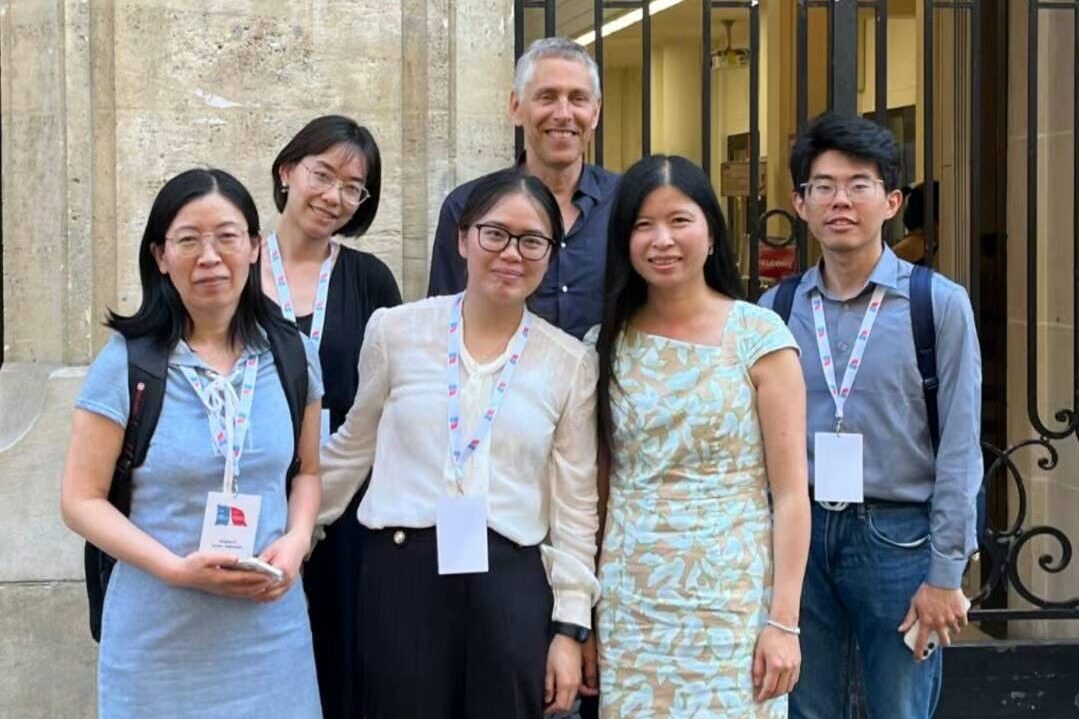
International Seminar of Digital Planning for Sustainable Urban Future
24 January 2024, Utrecht
Assoc. Prof. Yanliu Lin, in collaboration with Prof. Stan Geertman, Assoc. Prof. Patrick Witte and Assoc. Prof. Nuno Pinto, organize the International Seminar of Digital Planning for Sustainable Urban Future, held on January 24, 2024. The event was supported by Dr. Hongmei Lu, Junyao He, Xiaomeng Zhou, and Zhen Li. It attracted the participation of over 60 international scholars, both online and onsite. The seminar featured a series of engaging presentations and insightful discussions, exploring new theoretical perspectives, innovative methodological approaches, and practical lessons in digital planning. This event was closely aligned with a special issue on “Digital Planning for Sustainable Urban Futures: Scientific insights for technology application in planning practice” in the journal of Computers, Environment and Urban Systems.
As the leading guest editor of this special issue, Assoc. Prof. Yanliu Lin introduced the concept of digital planning and its connections with collaborative planning. She emphasized the role of various digital technologies, such as social media, planning support science, digital twins, generative AI, and virtual reality, in enhancing collaborative planning and citizen participation. She defined digital planning as the application of digital technologies and data-driven approaches to enhance efficiency, effectiveness, and inclusivity in planning processes across different scales and various contexts to improve social, economic, and environmental outcomes for achieving a more sustainable urban future. Additionally, Junyao He presented research on how third parties use social media to facilitate informal participation and reshape power relations in planning processes. He highlighted several features of social media, such as openness, easy to use, connectivity, and interactivity, which make it a promising tool for engaging a broad audiences in collaborative planning.
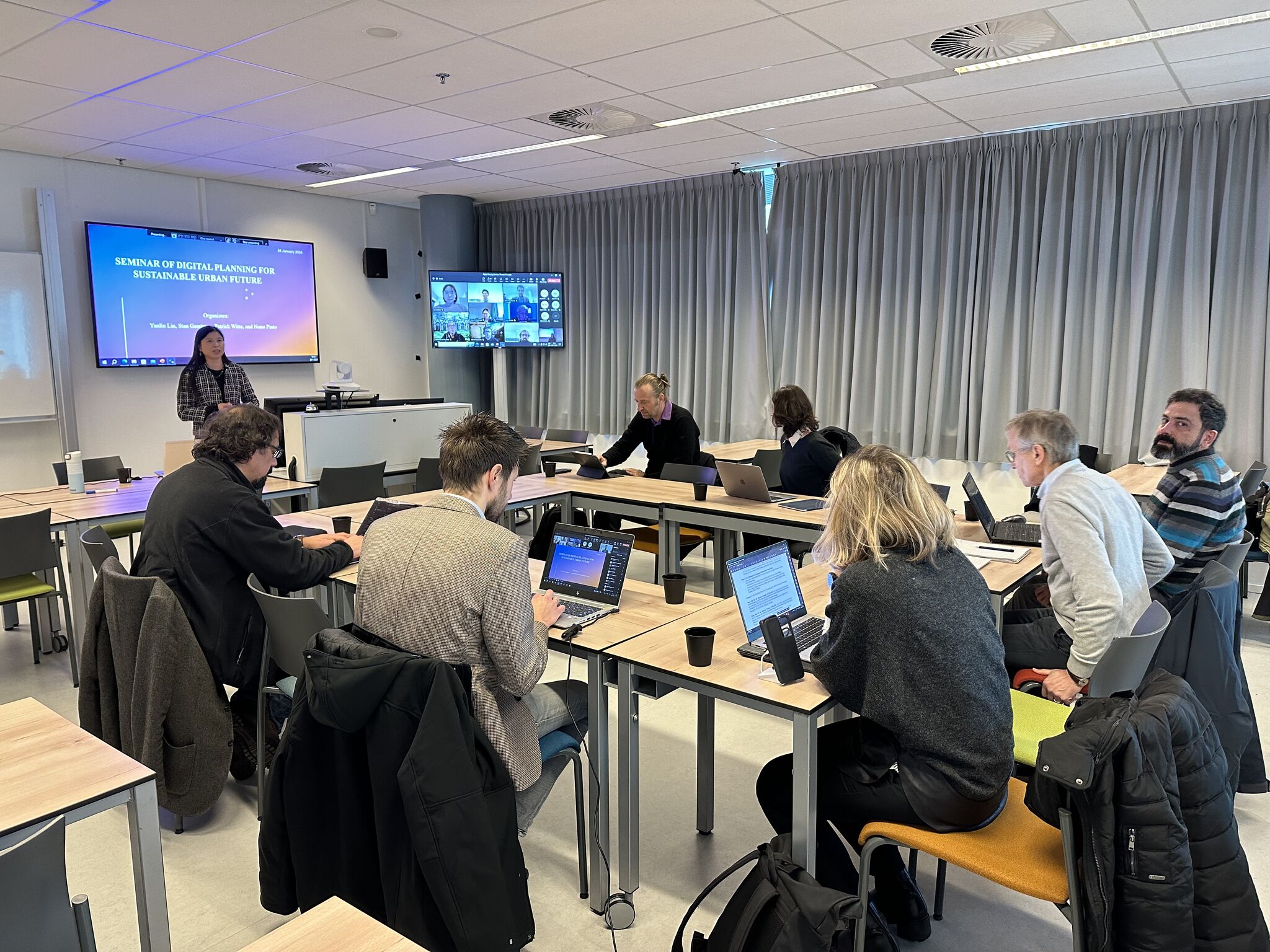
Global Chinese Urban Governance and Policy Conference
15-20 July 2023, Shanghai
Assoc. Prof. Yanliu Lin was invited to give a speech in the Roundtable on Livable Cities during the Global Chinese Urban Governance and Policy Conference, held in Shanghai in July 2023. She discussed the adoption of collaborative planning as a means to promote social equity and enhance urban livability. In a parallel section at the conference, she also introduced a conceptual framework aimed at understanding contexts and power relations in collaborative planning. She elaborated on how various local institutional, spatial, technical, and socioeconomic contexts shape the power relations between government authorities and societal actors within collaborative planning processes in China. Furthermore, she emphasized the gap between collaborative planning theory and collaborative planning practices in China. Additionally, Dr. Hongmei Lu presented research on collaborative governance in the community garden movement in Shanghai and other Chinese cities. She emphasized how social media fosters legitimacy, networking, knowledge sharing, and resource acquisition, thereby enhancing the leadership roles of civil society organizations, professionals, and citizens in collaborative governance.
